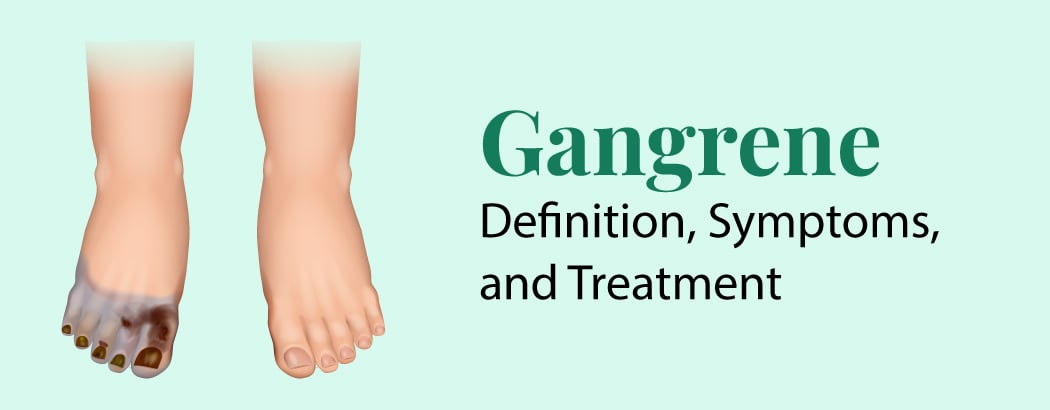What is nasal congestion?
June 21, 2024

Overview
When the tissues lining the inside of your nose get irritated, nasal congestion results. It becomes difficult to breathe through your nose when irritation triggers a cascade of inflammatory, swollen, and mucus-producing reactions. Nasal polyps, middle ear infections, and sinusitis can result from untreated nasal congestion.
Contents
What does nasal congestion mean?
Nasal congestion results from inflammation of the tissues lining the inside of your nose. Nasal congestion can cause water retention, irritation, and the formation of mucus. It becomes painful and becomes difficult to breathe via your nose. When nasal congestion persists for more than a week, it can indicate an infection. Usually, it goes away in a few days. Nasal polyps, sinusitis, and middle ear infections can result from untreated nasal congestion.
What are the symptoms of nasal congestion?
Nasal congestion also known as stuffy nose is frequently an indicator of another medical issue, such as a sinus infection.
A stuffy or runny nose is a sign of nasal congestion. Other symptoms of nasal congestion could be:
- pain in the sinuses
- accumulation of mucus
- nasal tissue enlargement
What are the causes of nasal congestion?
A runny or stuffy nose could be brought on by:
- Typical cold
- Flu
- Infection of the sinus
- Other allergies or hay fever
- Use of some over-the-counter nasal sprays or drops for longer than three days (may exacerbate nasal stuffiness)
- Nasal polyps are sac-like formations of inflammatory tissue that line the sinuses or nose.
- Pregnancy
- Vasomotor rhinitis – a condition in which an allergy or infection is not the cause of nasal congestion. It’s unclear what exactly causes it. Something that irritates the nose can cause symptoms, such as:
- A dry environment
- Air contamination
- Alcohol
- Some medications
- Eating spicy foods
- Strong emotions
- Strong odors, such as perfumes, cleaning products like bleach, etc
What is the treatment for nasal congestion?
The reason for the nasal congestion determines the best course of action. The treatments available for nasal congestion are :
- Nasal sprays
- Medicines that thin mucus
- Oral or topical medicines, if the cause is a bacterial infection
- Immunotherapy
- Surgical correction
When to see the Doctor?
If your nasal congestion lasts more than 10–14 days or becomes worse after 7–10 days, then you may have a sinus infection. You should see a doctor in this situation.
It is also advisable to go to your doctor if trying home treatments does not relieve the nasal congestion, or if the nasal congestion is accompanied by a high fever, breathing difficulties, or the production of thick, brownish mucus.
Conclusion
An allergy, an infection, an abnormality of the sinuses, or a problem in another area of the body can all cause nasal congestion.
Home cures and over-the-counter drugs typically relieve congestion. On the other hand, a patient may require surgery to fix a deviated septum or antibiotics for a bacterial infection.
Make an appointment with a doctor if your congestion is severe or chronic, especially if you’re pregnant.
Frequently Asked Questions
1. How long does nasal congestion last?
Most people recover from the flu or a typical cold within a week or two.
Antibiotics may be prescribed by the doctor for 10–14 days if nasal congestion is caused by a bacterial infection; however, the congestion may go away in 7 days. However, it’s imperative to complete the course of antibiotics.
2. Are home remedies helpful for treating nasal congestion?
Home remedies may be adequate to relieve nasal congestion if it is caused by the common cold. However, if your congestion lasts for a long period, you may need to see a doctor.
3. When is nasal congestion something to be worried about?
Disease-related congestion usually goes away in 1-2 weeks.
If the symptoms last longer than 10 to 14 days, they often indicate the presence of an underlying medical issue.







